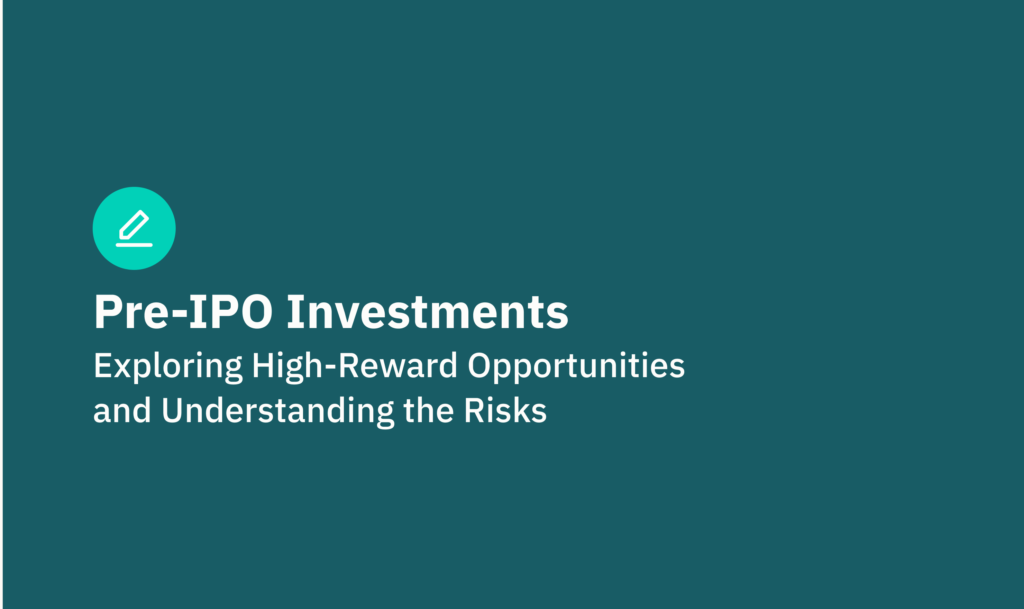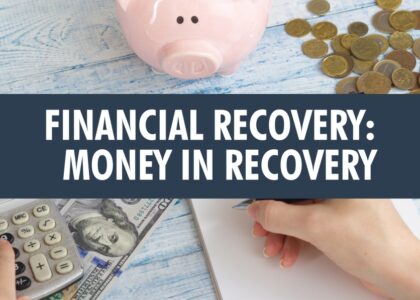Have you ever wished you could invest in the next big company before it hits the stock market? With pre-IPO investing, that’s exactly what you can do. As an investor, this strategy allows you to get in on the ground floor of private companies, potentially reaping substantial profits before they even become publicly traded.
In today’s fast-paced financial world, pre-IPO opportunities are becoming more accessible, especially to beginner investors and those looking to diversify their portfolios. But like all investments, pre-IPO comes with its risks. Understanding the ins and outs of this investment strategy is crucial to maximizing your profits and minimizing potential pitfalls.
What is Pre-IPO Investing?
Pre-IPO investing involves purchasing shares of a company before it launches an Initial Public Offering (IPO). These investments are usually made during private funding rounds like angel investing or venture capital funding. Once the company goes public, early investors often experience a significant return on investment, as the stock typically rises in value after the IPO.
Why Consider Pre-IPO Investments?
- Higher Potential Returns: By getting in before the IPO, investors can buy shares at a much lower price than when the company is publicly traded. This potential for early profits makes it an attractive option for those who can afford the risk.
- Diversification: Pre-IPO investments allow you to diversify your portfolio with companies that have yet to enter the public market, often in emerging industries or innovative sectors.
- Exclusive Opportunities: With private companies, investments are often restricted to accredited investors, venture capitalists, and insiders, which means opportunities to buy pre-IPO stock are often limited. However, some platforms now allow non-accredited investors to participate.
How to Invest in Pre-IPO Stocks: A Step-by-Step Guide

If you’re eager to explore pre-IPO investing, follow these steps to maximize your chances of success:
1. Start With Research
Before investing in a pre-IPO company, it’s essential to research the business thoroughly. This includes understanding the company’s financial health, leadership team, industry trends, and competitive positioning.
- Review financials: Look for companies with strong revenue growth, profitability, and a sustainable business model.
- Understand the market: Research the industry and the company’s target market. Companies in fast-growing industries like tech, health, or renewable energy tend to offer the best pre-IPO opportunities.
2. Join Equity Crowdfunding Platforms
If you’re a beginner investor, you may not have direct access to pre-IPO deals from venture capitalists or angel investors. However, platforms like WeFunder, SeedInvest, or CrowdCube provide opportunities for retail investors to purchase shares in private companies before they go public.
These platforms often feature early-stage startups, giving you the chance to invest in promising companies at an early stage.
3. Look for Companies Preparing for IPOs
Some companies are more open about their plans to go public. Watch for news of upcoming IPOs or private funding rounds. Keep an eye on industry publications, financial news sites, and IPO trackers to spot these opportunities early.
4. Consider Angel Investing or Venture Capital Funds
For higher net-worth individuals, angel investing or investing in a venture capital fund can be another way to get involved in pre-IPO investing. These options allow you to invest in a diversified portfolio of companies in exchange for equity stakes. Though this route is more exclusive and requires more capital, it opens the door to high-value deals that are not typically available to the general public.
Risks of Pre-IPO Investing

While pre-IPO investing can lead to significant profits, it’s important to remember that this strategy carries risks:
- Lack of Liquidity: Pre-IPO shares are not publicly traded, meaning it can be difficult to sell your shares if you need to liquidate your investment before the company goes public.
- Valuation Uncertainty: Private companies often have inflated valuations, which can lead to problems once they hit the public market. The stock may not perform as well as anticipated, leading to losses for early investors.
- Investment Horizon: Pre-IPO investments are long-term plays, often taking years before the company IPOs or is acquired. This means investors need to be prepared for a long wait, with no guarantee of success.
Key Takeaways
- Pre-IPO investing provides opportunities to invest in private companies before they go public, often leading to substantial profits if the company succeeds.
- The strategy involves research, using platforms like Equity Crowdfunding, and keeping an eye on companies preparing for IPOs.
- While the potential returns are attractive, there are risks, including lack of liquidity, uncertainty of valuation, and a long-term investment horizon.
By understanding these dynamics, you can make smarter, more informed decisions when considering pre-IPO investing as part of your financial strategy.
FAQs About Pre-IPO Investing
Q: What is the minimum investment for pre-IPO stocks?
A: The minimum investment can vary significantly, from a few hundred dollars on crowdfunding platforms to millions in venture capital funds. Always check the specific requirements of the investment opportunity.
Q: Can non-accredited investors participate in pre-IPO investing?
A: Yes, through equity crowdfunding platforms, non-accredited investors can access certain pre-IPO opportunities. However, most traditional pre-IPO investments are restricted to accredited investors.
Q: What is the best platform for pre-IPO investing?
A: Some popular platforms include WeFunder, SeedInvest, and StartEngine. These allow everyday investors to buy shares in early-stage companies.
Q: How do I evaluate whether a pre-IPO investment is worth it?
A: Look at the company’s financial health, leadership team, market trends, and potential for growth. Thorough research is key to evaluating a good investment opportunity.
Conclusion: Is Pre-IPO Investing Right for You?
Pre-IPO investing can be a lucrative way to diversify your portfolio and gain access to high-growth companies before they go public. However, it’s not without its risks. By conducting thorough research and using platforms designed for everyday investors, you can make more informed decisions about whether this investment strategy aligns with your financial goals.
Discover smarter ways to invest and grow your portfolio! Visit GetCashVibe today for more expert tips and strategies on personal finance.






